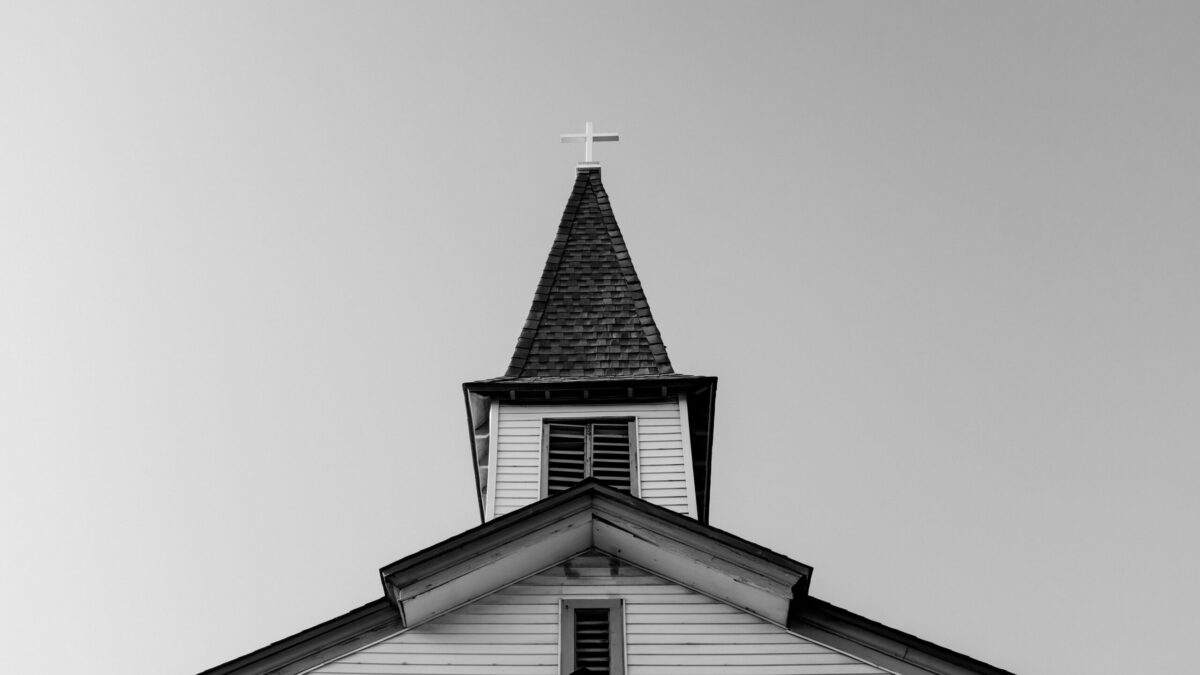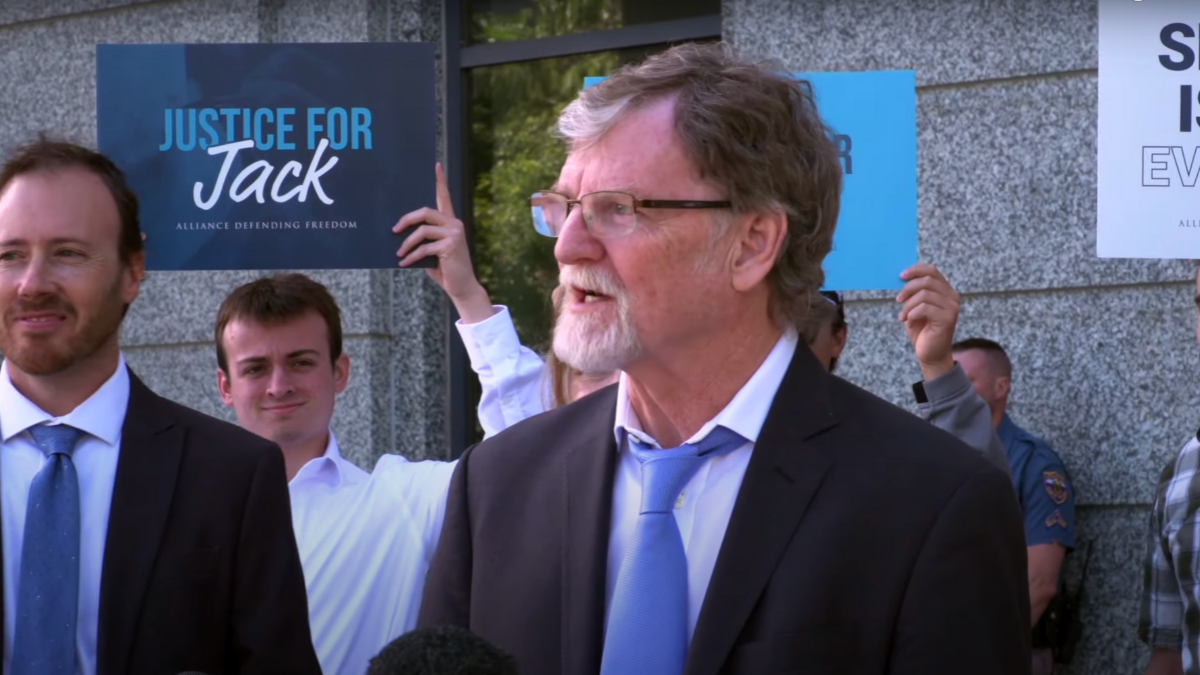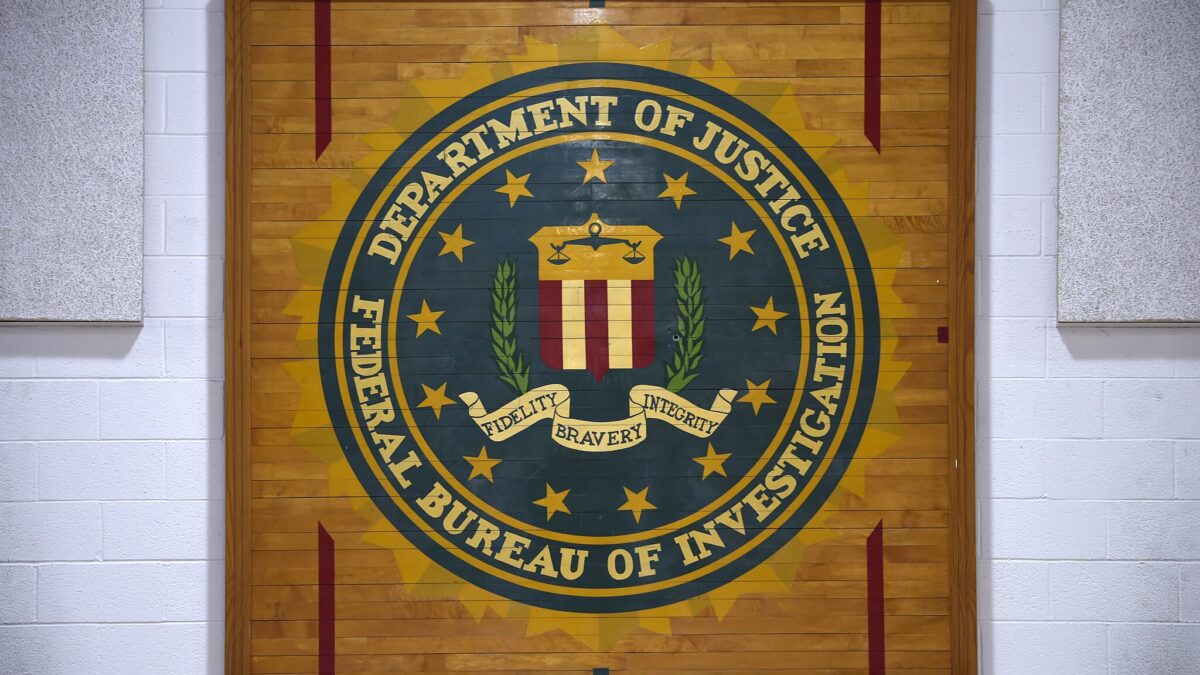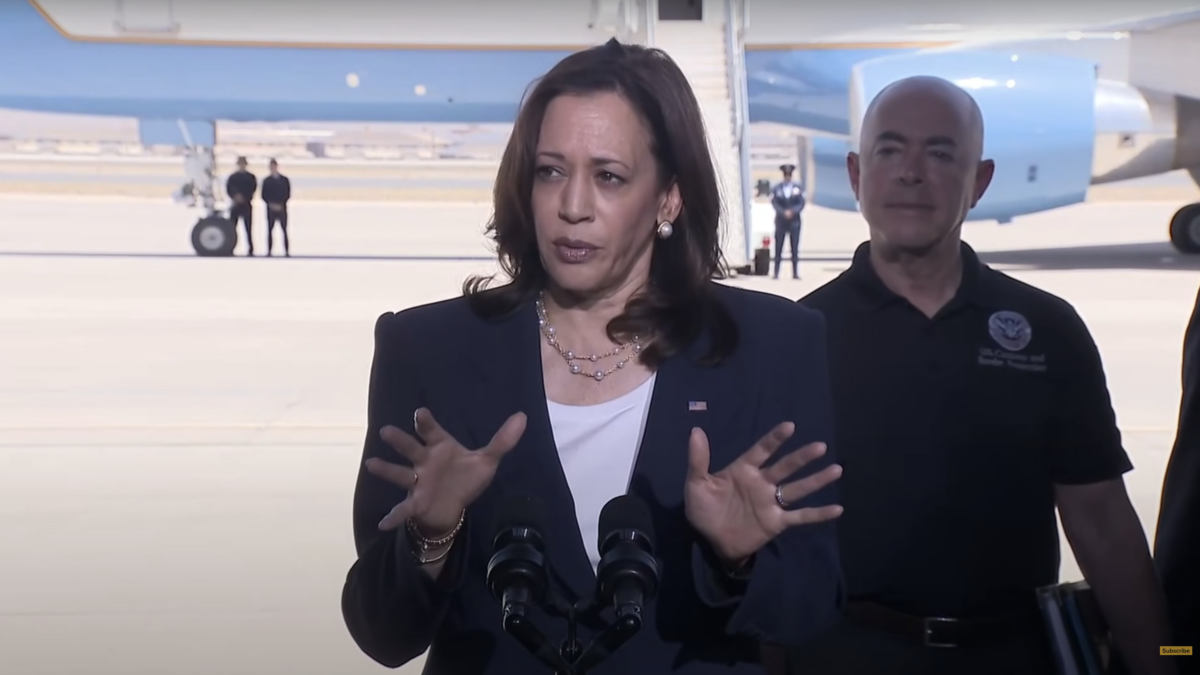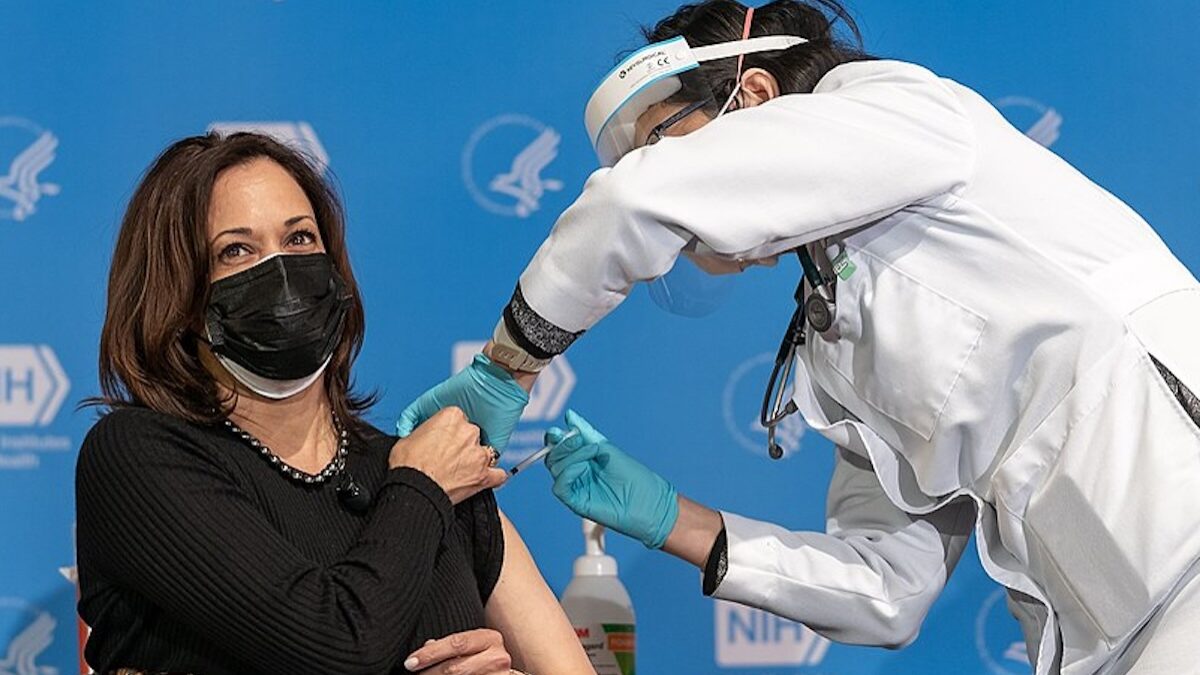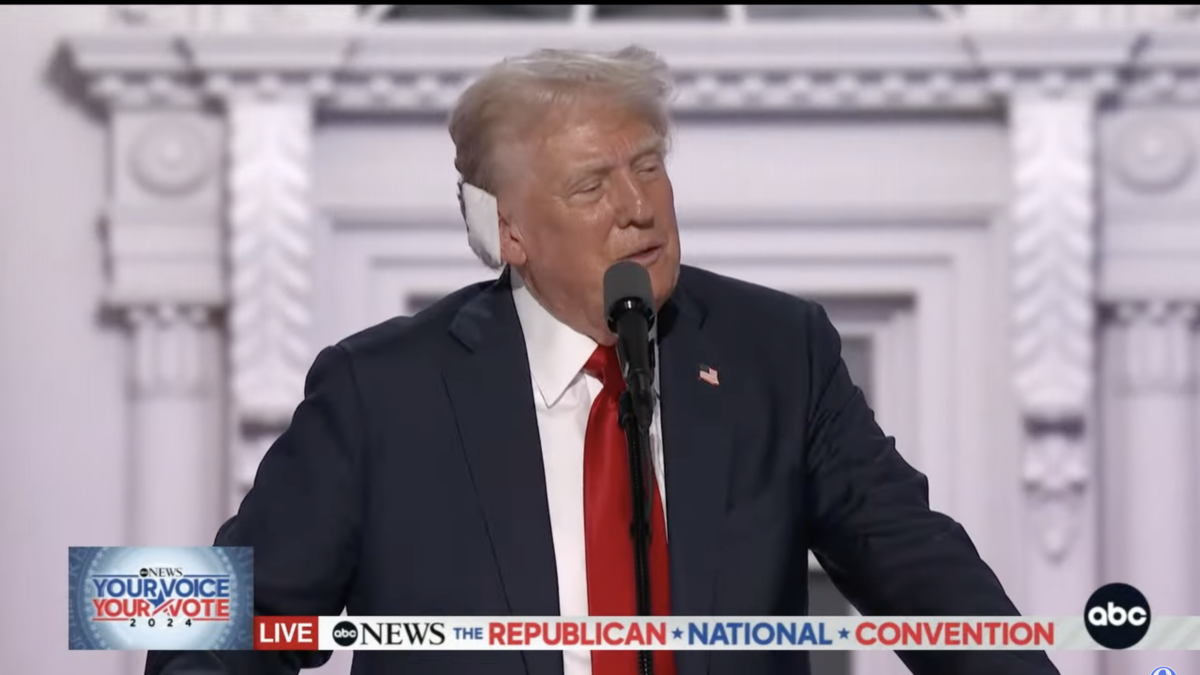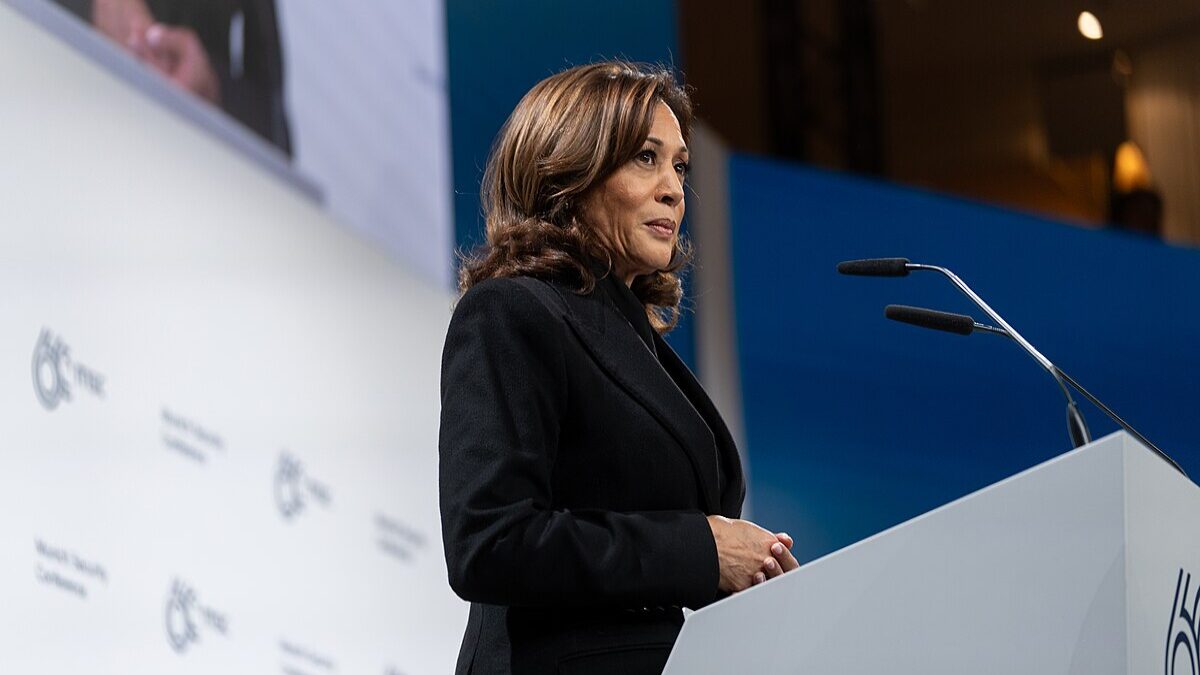In 2023, the legislature amended the Minnesota Human Rights Act (MHRA) to add anti-discrimination protections for “gender identity” but failed to revise the corresponding religious exemption, effectively attempting to remove it.
This year, “gender identity” was added to a list of already protected categories of protections in the MHRA. “Sexual orientation” was already protected by the MHRA, but the term “gender identity” was added explicitly. A religious exemption that had already been in place since 1993 “prohibited the state from forcing religious organizations to comply with the anti-discrimination law provisions with respect to protected categories like sexual orientation when those provisions are inconsistent with a religious organization’s sincerely held beliefs,” said Renee Carlson, general counsel for True North Legal. However, the religious exemption was not updated to include the term “gender identity.”
“While we had hoped it was an oversight, the House Judiciary Chair stated on the record that the omission of those words was intentional,” Carlson said. “A discussion ensued during the committee where Democratic legislators not only refused to accept an amendment to protect religious organizations, but also called the amendment to protect religious organizations ‘disturbing’ and ‘disgusting’ after hearing a testimony from a diverse group of testifiers.”
By openly failing to include “gender identity” in the previously established religious exemption, the Minnesota legislation openly attacked religious freedom, but the attack does not stop there. Churches and religious institutions would be directly impacted by this exemption, but so would many unprotected groups served by religious organizations.
“A threat to religious organizations extends well beyond the churches and ministries that the statute protects. Religious organizations often serve marginalized and underserved communities, such as victims of sex trafficking, homeless families, and youth through programs that help kids graduate high school and even go to college. These religious entities in Minnesota meet individual needs and fill gaps that the government could never achieve on its own. To be sure, this was an unprecedented attack on religion and people of faith, but also on the communities that they serve,” said Carlson.
The MHRA could even threaten the existence of some religious organizations whose mission and religious beliefs are inseparable, Carlson added. “For religious organizations and its members, every decision is inextricably bound up in the tenets of its faith tradition. Removing statutory protections for religious organizations from the Minnesota Human Rights Act threatened the existence of all religious entities whose missions are inseparable from their employment practices, catechisms, and governance.”
According to Jason Adkins, general counsel at Minnesota Catholic Conference, the religious exemption was put in place in 1993 and had functioned without any problems until the bill introducing “gender identity” protections. The religious exemption was never meant to compromise anti-discrimination law but was intended to protect the freedom of religious institutions.
“The clear religious exemption provides predictability to religious organizations, potential litigants, and others about the scope of the MHRA and the pluralism of values that it protects, including the autonomy of religious institutions on matters of sexual identity. Anti-discrimination provisions related to sexual orientation and gender identity made it into law in 1993 in part because religious groups did not oppose them due to the inclusion of the exemption. This clarification of law restores the gender identity exemption and ensures that the MHRA is not used as a sword against faith communities,” said Adkins.
After public backlash, both the Minnesota House and Senate voted unanimously to restore religious protections.
While the restoration of the exemption somewhat protects religious organizations, there are many members of religions working in fields not controlled by religious institutions. Christian workers, including teachers, lawyers, and doctors, fear the need to compromise their religious beliefs in order to do their jobs in a way that respects the MHRA. “Our big concern is that doctors may be punished for declining to provide treatments they believe are unethical or harmful. This is not a tenet of a specific religion, but of natural law and universal human rights,” said a medical doctor from the Association of American Physicians.
Despite the religious exemption being restored, legal battles to defend religious freedom are constantly raging in Minnesota. Still in effect are the new standards requiring state-licensed teachers to affirm students’ gender identities. After the MHRA tried to effectively remove the religious exemption, new amendments to the Minnesota constitution intending to attack religious institutions have been proposed.
Doug Seaton, a lawyer at Upper Midwest Law, emphasized the constant need for vigilance in an environment where religious liberty is always under attack. “We have to be constantly fighting these assaults in the dark and bringing them to the light. This attempt ended in success, but it is a lesson in how eternal vigilance is the price of liberty.”
